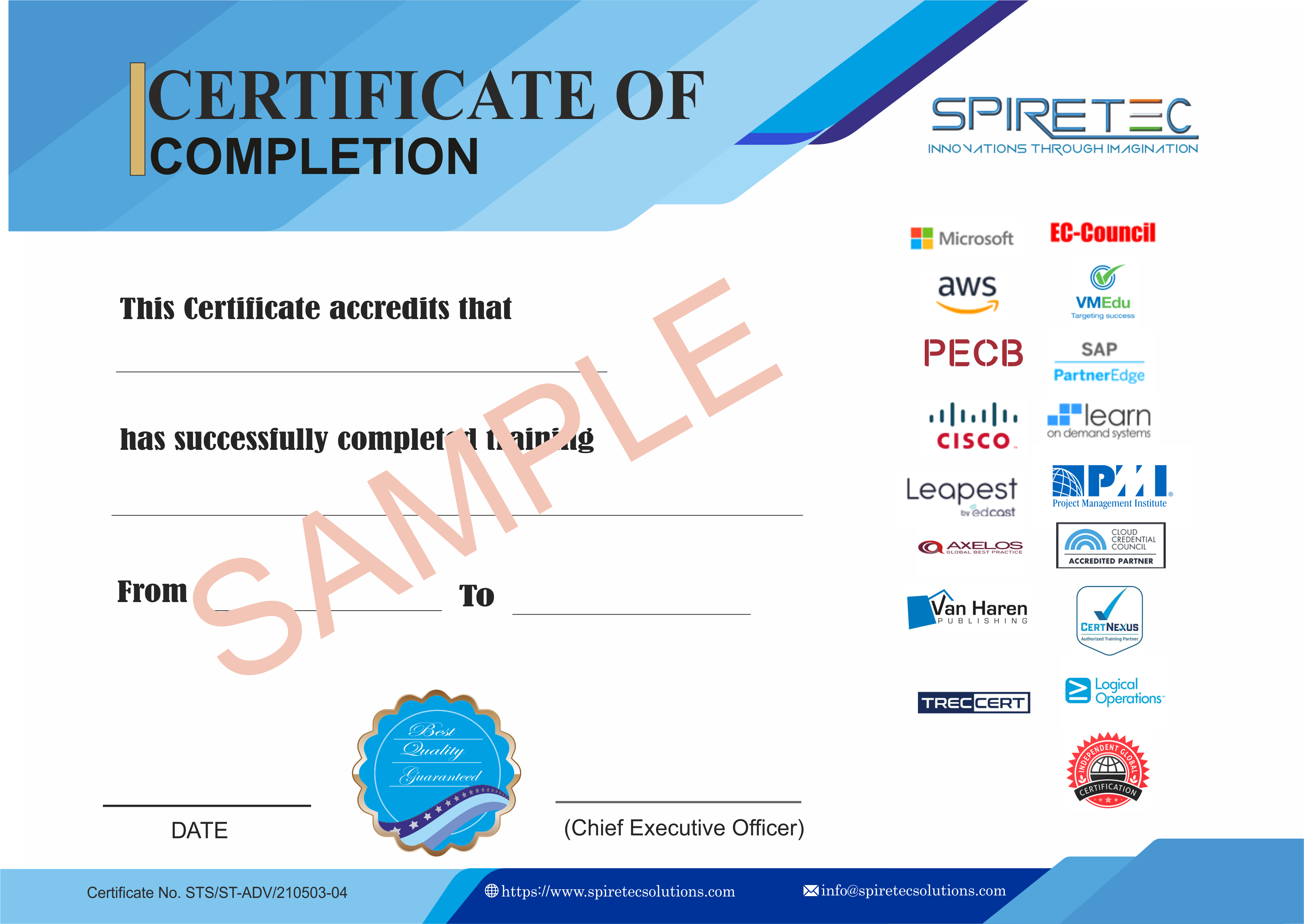The DO378 Red Hat Cloud-native Microservices Development with Quarkus course is tailored to empower developers with the expertise needed to build and manage scalable microservices using the Quarkus framework. This course provides a comprehensive understanding of microservice architectures, their components, and design patterns essential for developing responsive, efficient, and maintainable systems.
Participants will gain hands-on experience with the Quarkus framework, learning to implement, build, and deploy microservices within an OpenShift cluster. The course emphasizes critical aspects such as fault tolerance, application health checks, security, and testing of microservices with unit and integration tests. Additionally, learners will explore monitoring strategies using metrics and distributed tracing, equipping them with the skills to ensure the reliability and performance of microservices in a cloud-native environment.
By the end of this course, participants will be well-prepared for the Quarkus certification, demonstrating their ability to leverage Quarkus for enterprise Java microservices development. This course is essential for developers seeking to enhance their cloud-native development competencies.
Course Prerequisites
To ensure a successful learning experience in the DO378 Red Hat Cloud-native Microservices Development with Quarkus course, the following prerequisites are recommended:
-
Basic Software Development Understanding: Familiarity with fundamental software development concepts.
-
Java Programming Knowledge: Proficiency in Java, as Quarkus is a Java-based framework.
-
Java EE/Jakarta EE Knowledge: Understanding of Java EE or Jakarta EE and the Eclipse MicroProfile is beneficial.
-
Experience with IDEs: Familiarity with Integrated Development Environments (IDEs) like Eclipse, IntelliJ IDEA, or VSCode.
-
Container Technology Fundamentals: Basic knowledge of container technologies such as Docker.
-
Kubernetes/OpenShift Experience: Understanding of Kubernetes or OpenShift for container orchestration is helpful.
-
RESTful Services Knowledge: Familiarity with RESTful services and their principles.
-
Version Control Systems: Experience with version control systems like Git.
These prerequisites ensure that participants can fully engage with the course content, which involves complex concepts and hands-on exercises. For those who do not meet all the prerequisites, self-study resources are recommended to bridge any knowledge gaps before beginning the course.
Target Audience
The DO378 Red Hat Cloud-native Microservices Development with Quarkus course is designed for a range of professionals who are focused on building and deploying microservices using Quarkus within an OpenShift environment. The target audience includes:
-
Software Developers and Programmers: Especially those focused on Java and cloud-native applications.
-
DevOps Engineers: Involved in the deployment and management of microservices.
-
Enterprise Architects: Looking to design and implement microservice architectures.
-
Systems Administrators: Who need to understand the deployment and monitoring of Quarkus applications.
-
IT Professionals: Interested in building scalable and fault-tolerant systems with Quarkus.
-
Application Developers: Transitioning existing applications to cloud-native frameworks.
-
Cloud Engineers: Specializing in Red Hat OpenShift environments.
-
Technical Leads: Overseeing development teams working on microservices-based projects.
-
Quality Assurance Engineers: Focusing on testing microservices applications.
-
Security Professionals: Responsible for securing microservices and their communications.
-
Site Reliability Engineers (SREs): Managing the health and performance of microservices systems.
Course Outline
Introducing the Red Hat Build of Quarkus
Describe the components and patterns of microservice-based application architectures and the features of the Red Hat Build of Quarkus.
Developing Cloud-native Microservices with Quarkus
Implement microservices based applications by using the Red Hat Build of Quarkus runtime and associated developer tooling.
Testing Quarkus Microservices
Implement unit and integration tests for microservices.
Developing Reactive and Asynchronous Microservices
Describe the features of reactive architectures and implement reactive services by using Quarkus.
Securing Quarkus Microservices
Secure microservice communications by applying origin validation, requests authentication and authorization.
Implementing Quarkus Microservices on the Red Hat OpenShift Container Platform
Develop and deploy cloud-native applications on the Red Hat OpenShift Container Platform.
Implementing Fault Tolerance in Microservices
Implement fault tolerance in a microservice architecture.
Monitoring Quarkus Microservices
Monitor the operation of a microservice by using logging, metrics and distributed tracing.







 Live Online Training (Duration : 40 Hours)
Live Online Training (Duration : 40 Hours)
